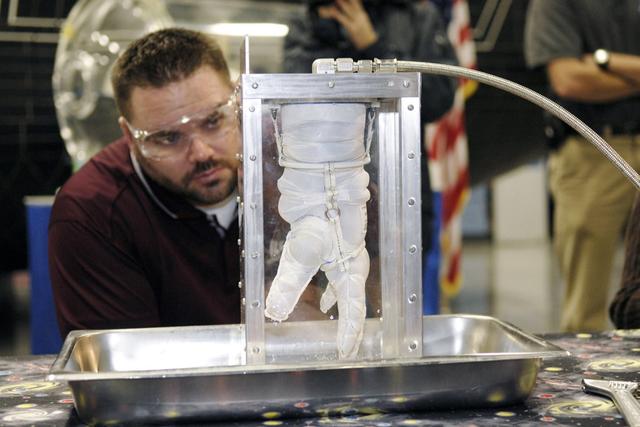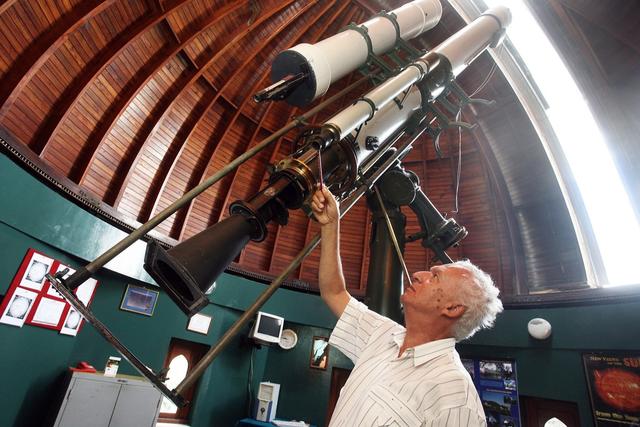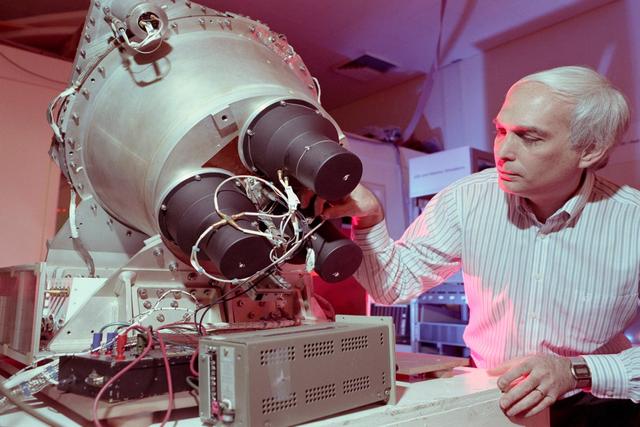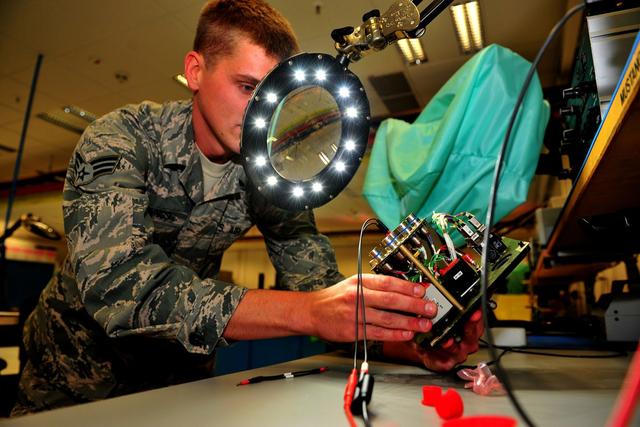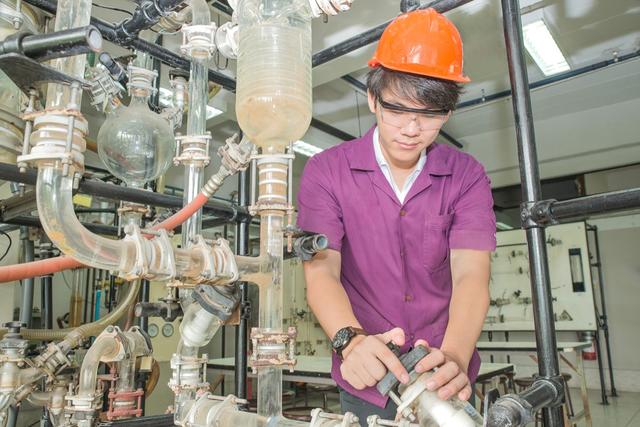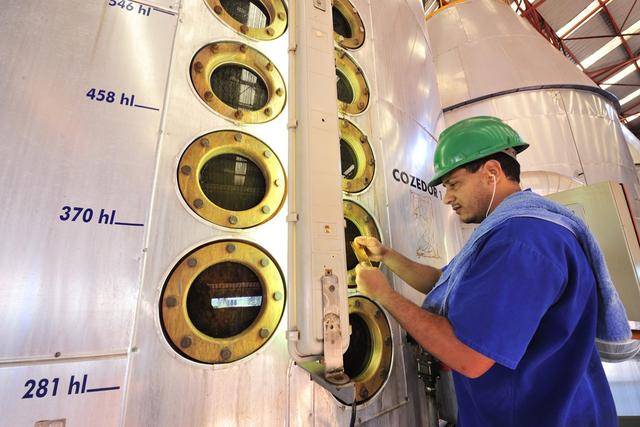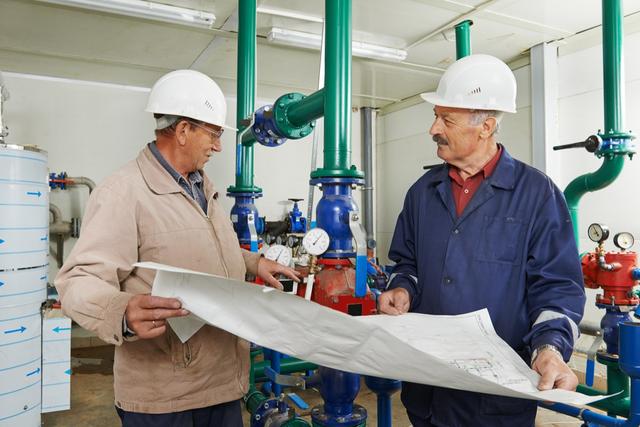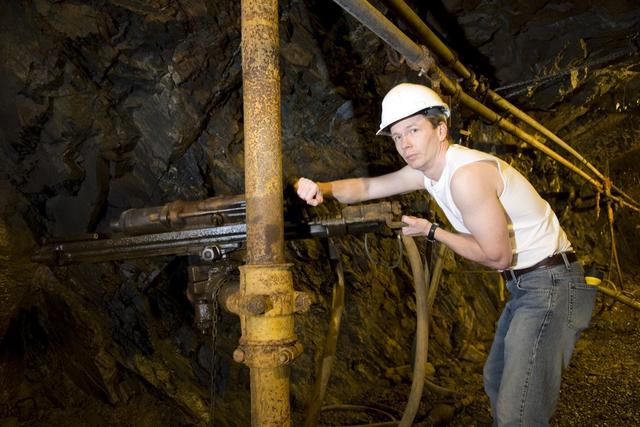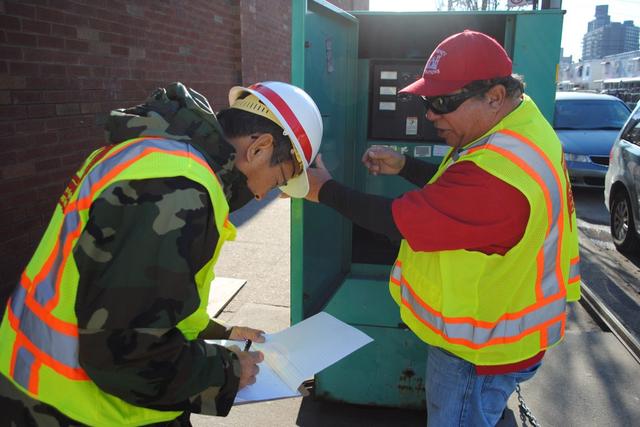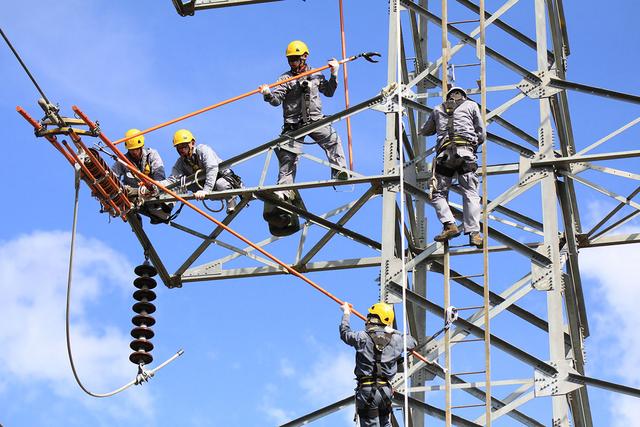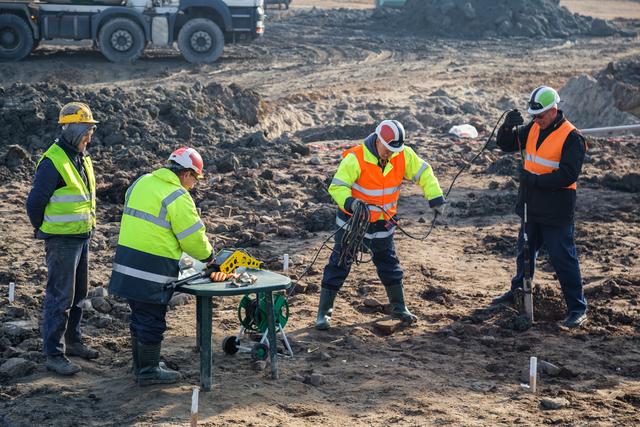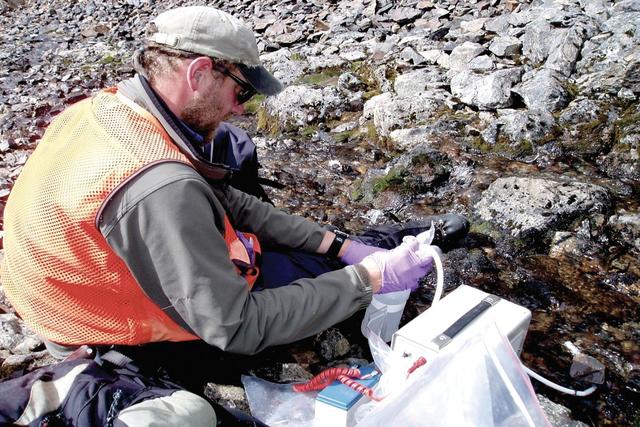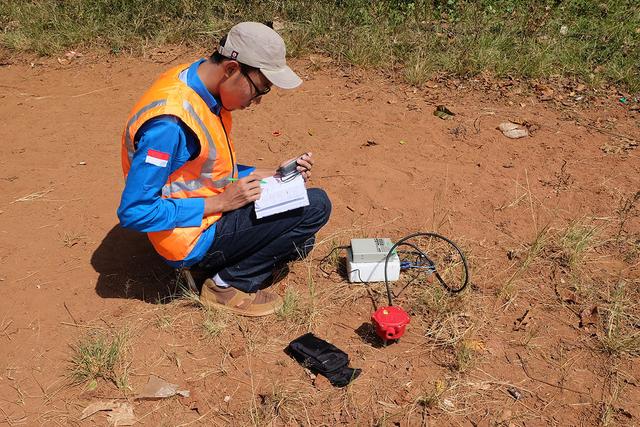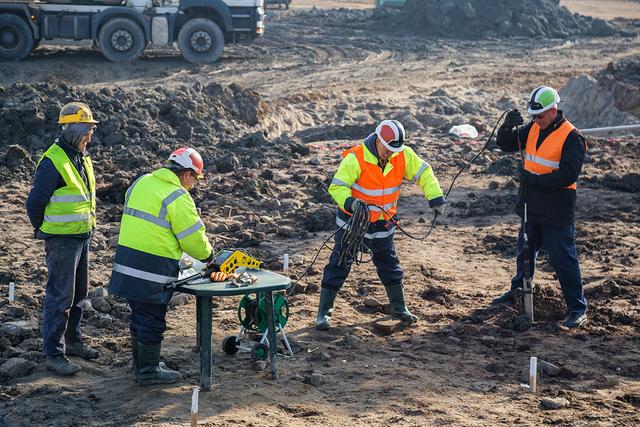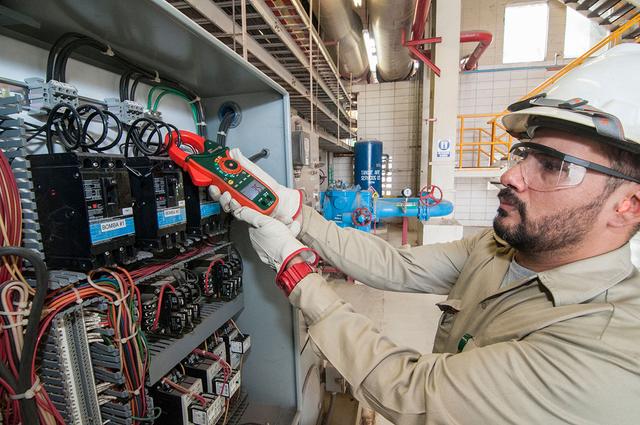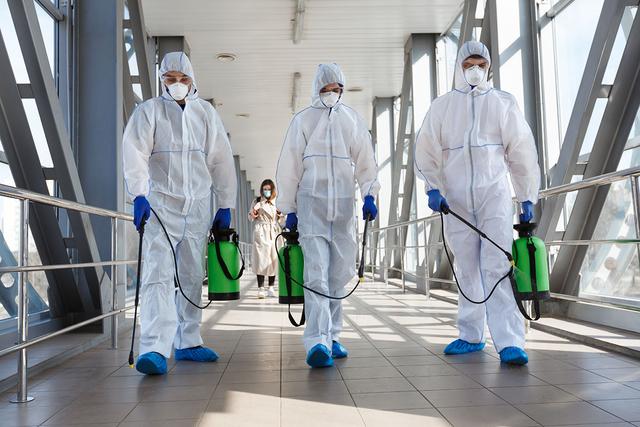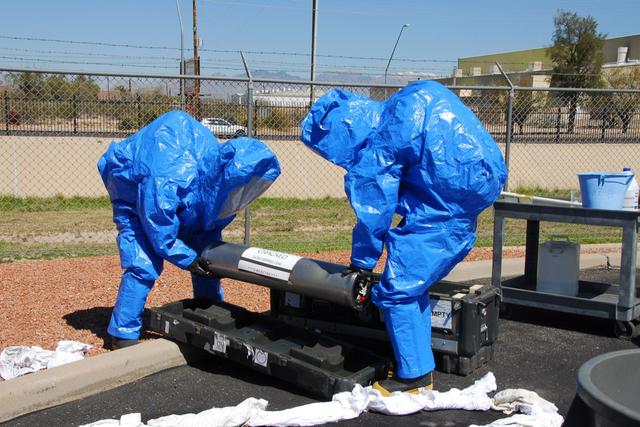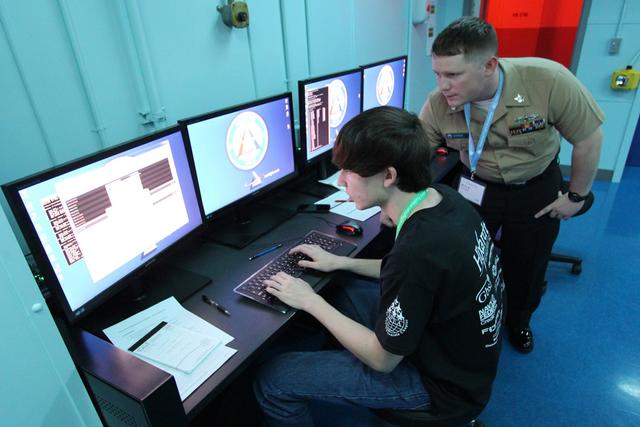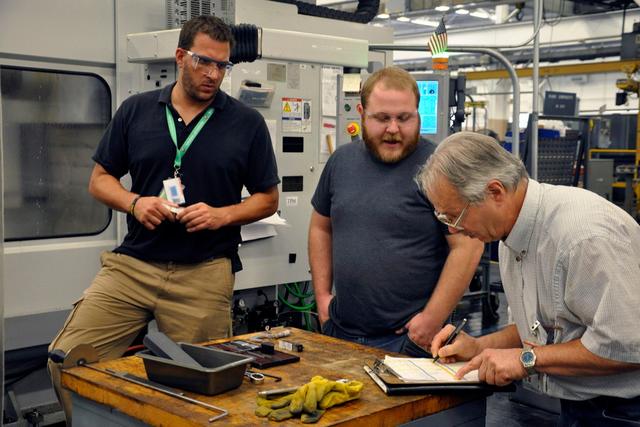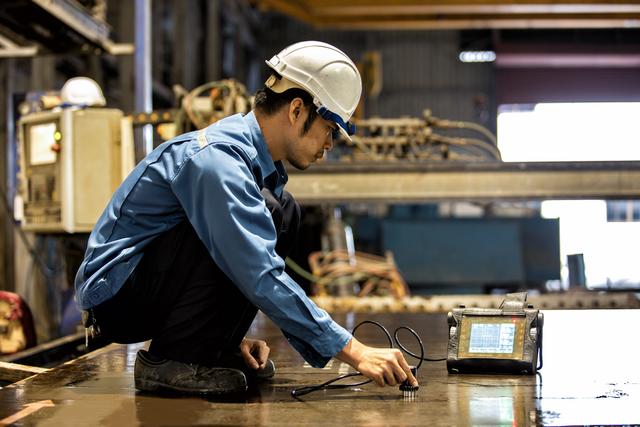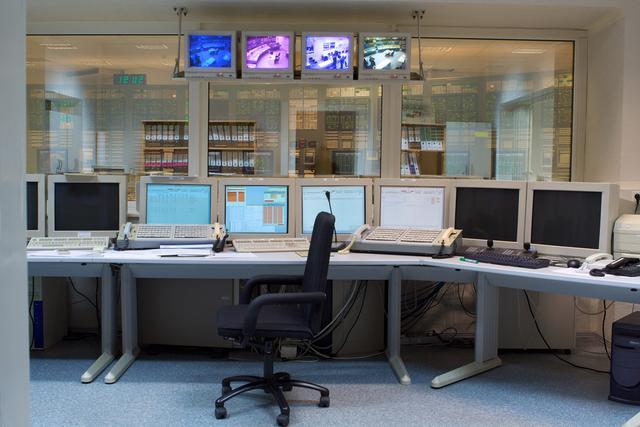Radiation Protection Technicians
Overview

Introduction
Radiation protection technicians, also known as health physics technicians and nuclear technicians, monitor radiation levels, protect workers, and decontaminate radioactive areas. They work under the supervision of nuclear scientists, engineers, or power plant managers and are trained in the applications of nuclear and radiation physics to detect, measure, and identify different kinds of nuclear radiation. They possess knowledge of federal regulations and permissible levels of radiation.
Quick Facts
Median Salary
Employment Prospects
Minimum Education Level
Experience
Skills
Personality Traits
Earnings
The earnings of radiation protection technicians who are beginning their careers depend on the radiation safety program in which they work (nuclear power, federal or state agencies, research laboratories, medical facilities, etc.). They may begin as salaried staff or be paid hourly wages. Technicians who receive hourly wages usually work in shifts and receive premium pay for overtime.
Th...
Work Environment
Depending on the employer, work environments vary from offices and control rooms to relatively cramped and cold and hot areas of power plants. They may also be required to take radiation readings outside plants in a variety of weather conditions.
Of all power plant employees, radiation protection technicians are perhaps best able to evaluate and protect against the radiation hazards tha...
Outlook
According to the Nuclear Energy Institute, the outlook for jobs in the nuclear energy field was positive as the 2020s began. "The global demand for nuclear energy is rising rapidly and a new, next generation of reactors is on the horizon," the organization explained. "Domestic job demand will skyrocket if the U.S. can maintain its nuclear technology leadership in the global marketplace."



